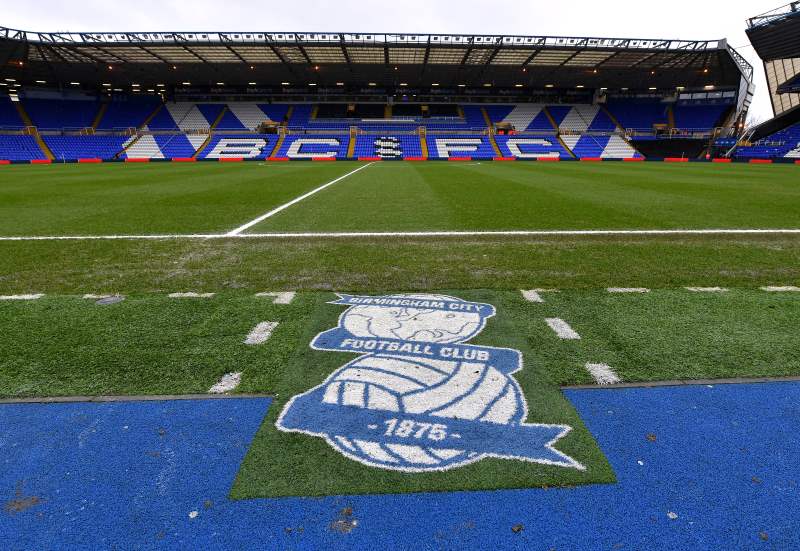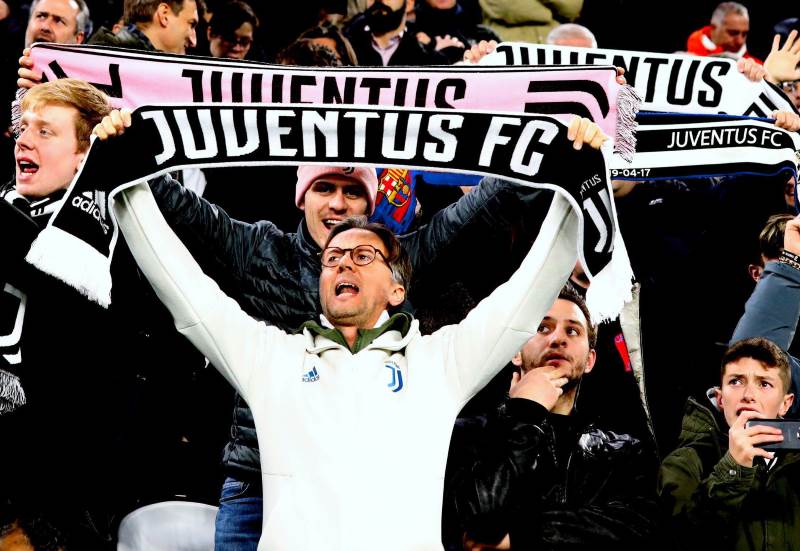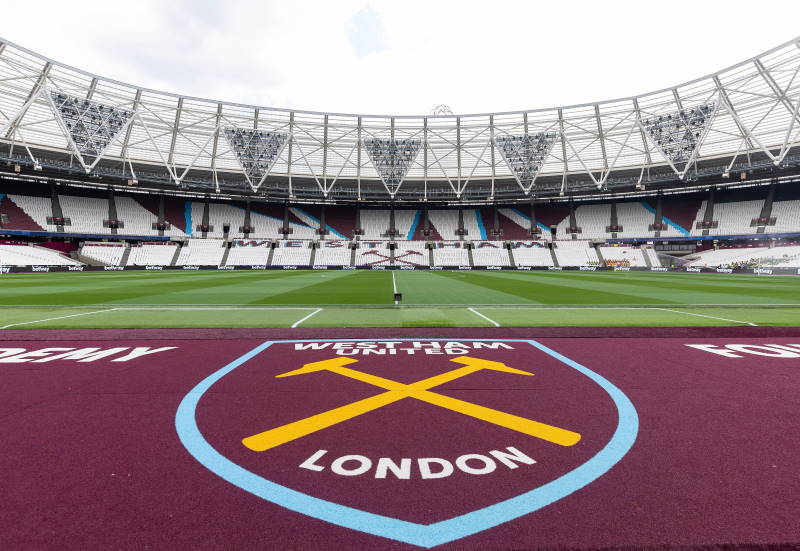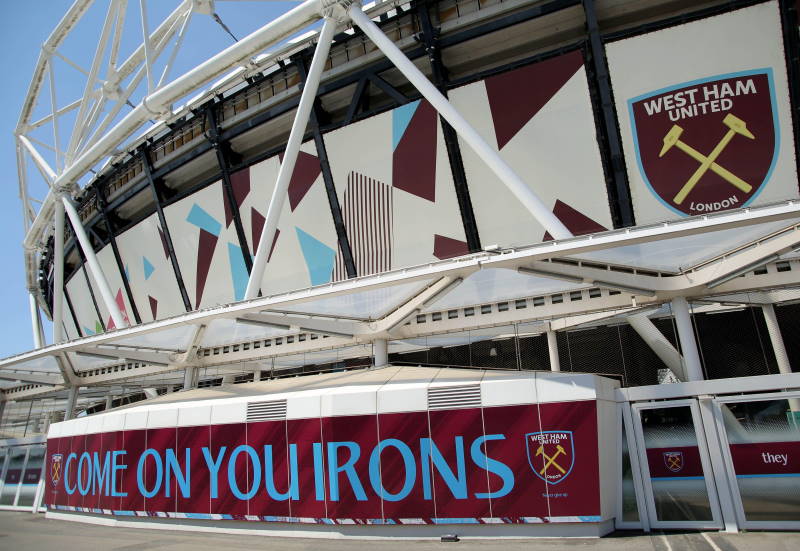
What’s in a name? Well, in the city of Hull that question is being well and truly put to the test, with 104 years of history and tradition going up against the present day commercialisation of football.
In August, the Allam family, who saved the Tigers from the brink of financial collapse, invested around £60m into the club and guided them back into the Premier League, decided to drop the ‘A.F.C’ from the club name and rebrand the team Hull City Tigers, domestically, and Hull Tigers, internationally, to help create a stronger global brand and establish the team amongst the game’s elite.
This decision was met with anger by fans who immediately took to social media and local and the national media to vent their frustrations, which have now culminated in a campaign to force the Allams to rethink their plans, with demonstrations held prior to the 1-0 home win against Norwich City and further protest plans in the pipeline.
The fans' main objections to the name change are centred on a lack of consultation. They feel the Allams should have allowed input from the supporters who pay their money to watch the side and buy the club’s merchandise. On the face of it, this seems reasonable, but does not take into account the personal fortune that has been pumped into the club in order for it to fend off the real threat of liquidation; the personal fortune invested and still supporting the club is that of Dr Allam.
Whilst the Allams could have outlined their decision to change the club name more effectively, they have hit on an underlying point that has not been fully appreciated and that is the matter of Financial Fair Play (FFP) rules, which have taken effect in the Premier League from this season.
Designed to not only balance the books of clubs inside the next three seasons, the rules have been brought in to ensure that taxes, transfer fees and player wages are paid on time, for teams’ to become more self-sustaining, without the need to rely on wealthy benefactors, and to avoid the boom and bust culture that has crept into football over the past decade.
Whilst Hull City are unlikely to spend more than the £52m per annum threshold on player wages this season, if they were to avoid relegation and wanted to develop into serious contenders for Europe they could only allow a £4m per season increase on players wages. Anything further would have to come from increased commercial activity.
By creating a stronger global brand and increasing the team’s appeal in other countries, the Allams are not only helping the club to adhere to FFP and avoid any sanctions that come with it, but are also taking the first tentative steps towards achieving future ambitions for the Tigers, such as European football, which would be welcomed by supporters and by a city seeking to re-establish itself as one of England’s leading economic and social centres.
Name changes in football, whilst unwelcome, are likely to become more common as FFP settles in. For too long, football lived outside the confines of the ‘real’ world where economies are only now starting to recover.
Many believe that football is heading toward the American sporting concept of franchises, which does have its plus points. While the idea of teams moving from one community to another is unlikely, increased sponsorship, naming rights for stadiums and changes to branding, such as kits, badges and names will become valuable trading commodities as clubs seek to grow within the very closely monitored conditions of FFP.
Like to bet on football? Pay Inside Bet a visit!













